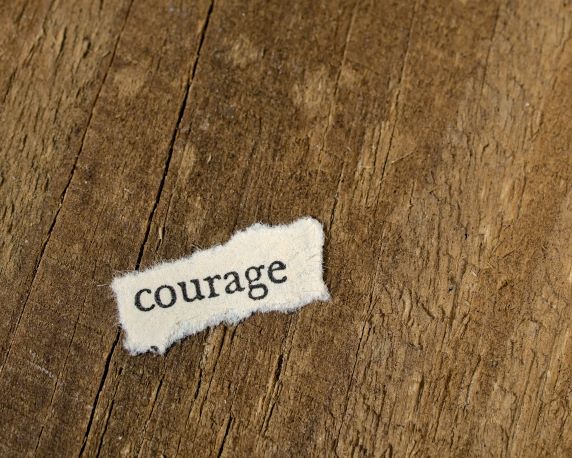
[Flash] The Courage Not To Be Discouraged
| Recently 60 Minutes aired Lesley Stahl’s interview with Ben Ferencz, an investigator of Nazi war crimes and the last living Nuremberg prosecutor in the murder trial of German SS officers.
Ben has since spent his entire life advocating for peace. In the interview, Lesley wondered about Ben’s indefatigable pursuit of peace in the face of unrelenting genocide around the world. Ben pushed back, offering examples of society’s evolving mindset toward compassion. “People get discouraged. They should remember from me: it takes courage not to be discouraged.” Ben turned 101 this year and received a nomination for a Nobel Peace Prize. Why does it take courage? Because people are constantly questioning, judging, challenging, and doubting themselves and each other. Is anyone really making a difference? Does it even matter? Who cares? Why bother? How do we muster the courage to persist?
At the risk of trivializing world peace, here are some lighter examples of people who have pursued, persisted, and persevered:
“You have to be burning with an idea, or a problem, or a wrong that you want to right. If you’re not passionate enough from the start, you’ll never stick it out.” ~ Steve Jobs. © 2021. Ann Tardy and Mentor Lead. www.mentorlead.com |








